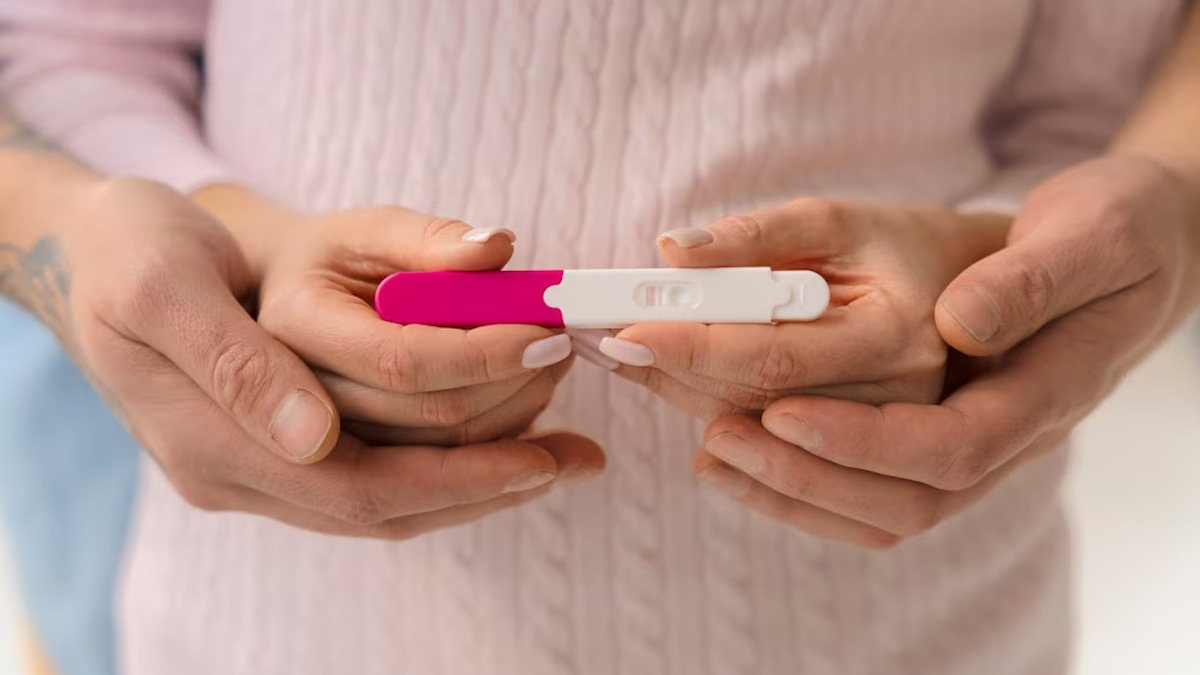
Given the modern lifestyle of people today, infertility has become a greater concern. Striving to achieve a perfect work-life balance, individuals are putting themselves into unhealthy lifestyle habits such as high junk food intake, smoking, alcoholism, and drug addiction which, as a result, is impacting not only their fertility levels but their overall health and well-being as well. And the stress that comes along with it is another factor contributing to infertility. According to a study by the All India Institute of Medical Sciences (AIIMS), 10% to 15% of couples experience "fertility issues."
Table of Content:-
Despite the fact that we live in a sophisticated world, fertility myths have prevented society from thinking beyond that. In an interaction with Only My Health, Dr Shiwali Tripathi, Senior Consultant- Fertility & IVF, Apollo Fertility, Varanasi, debunks a few myths related to fertility.
Here Are A Few Fertility Myths That Have Long Persisted In Society
Just how fertility issues are rising exponentially, so are the myths and misconceptions around it. The origin of such beliefs and unwanted advice on how to conceive can be attributed to people's traditional views. Even our well-meaning and educated friends and family might spread false information that makes infertility seem more difficult than it is.
Women Are At The Core Of The Problem
Women are the main focus of conversation whenever pregnancy or other related subjects are brought up. And when a couple is unable to conceive, people frequently think that women are the root of the issue. But in reality, it takes two to make a child, and each gender has its own unique set of signs that could indicate fertility. Infertility in men may be brought on by problems with sperm count, shape, size, and genetic diseases. On the other hand, polycystic ovary syndrome (PCOS), hypothalamic dysfunction and primary ovarian insufficiency could be the cause of infertility in women. According to a study by the National Institute of Health (NIH), male reproductive disorders account for one-third of infertility cases, female reproductive issues for another third, and other variables account for the remaining third.

Also read: From Immunity To Fertility: Health Benefits Of Drinking Wheatgrass Juice
Women Can't Become Pregnant After 35
It is a widespread misperception that for women, becoming pregnant after the age of 35 is often deemed to be challenging or risky. Additionally, waiting until your late 30s to get pregnant frequently results in infertility. While it is true that women's fertility decreases with age, so do men's. Among other issues, sperm quality might deteriorate as men age, resulting in a general fall in fertility. However, couples can now target pregnancy using modern treatments such as IVF and IUI, among others, thanks to advancements in medical science.

All You Need To Do Is Relax
Stress undeniably is the natural output of several months and years of trying. Even though relaxing can undoubtedly soothe your body, infertility is not a psychological problem. Most of the time, your friends and family will advise you to unwind and avoid stress because it could add to your chances of getting pregnant. However, in reality, your neurological system has less to do with infertility than your reproductive system does. There is no evidence to suggest that simply relaxing might increase your chances of getting pregnant, though relaxing and practising meditation can be healthy for your body.
Also read: Expert Explains Link Between Fertility & Dental Health
Dispel The Myths And Consult A Fertility Expert
Infertility myths have been around the corner for a long time. It is high time to demystify these facts and promote accurate information and understanding about the subject. In fact, instead of looking for advice from your well-meaning friends and family, it is advised to seek a fertility specialist, obtain clarity on your condition, and take the right action in time.
Also watch this video
How we keep this article up to date:
We work with experts and keep a close eye on the latest in health and wellness. Whenever there is a new research or helpful information, we update our articles with accurate and useful advice.
Current Version